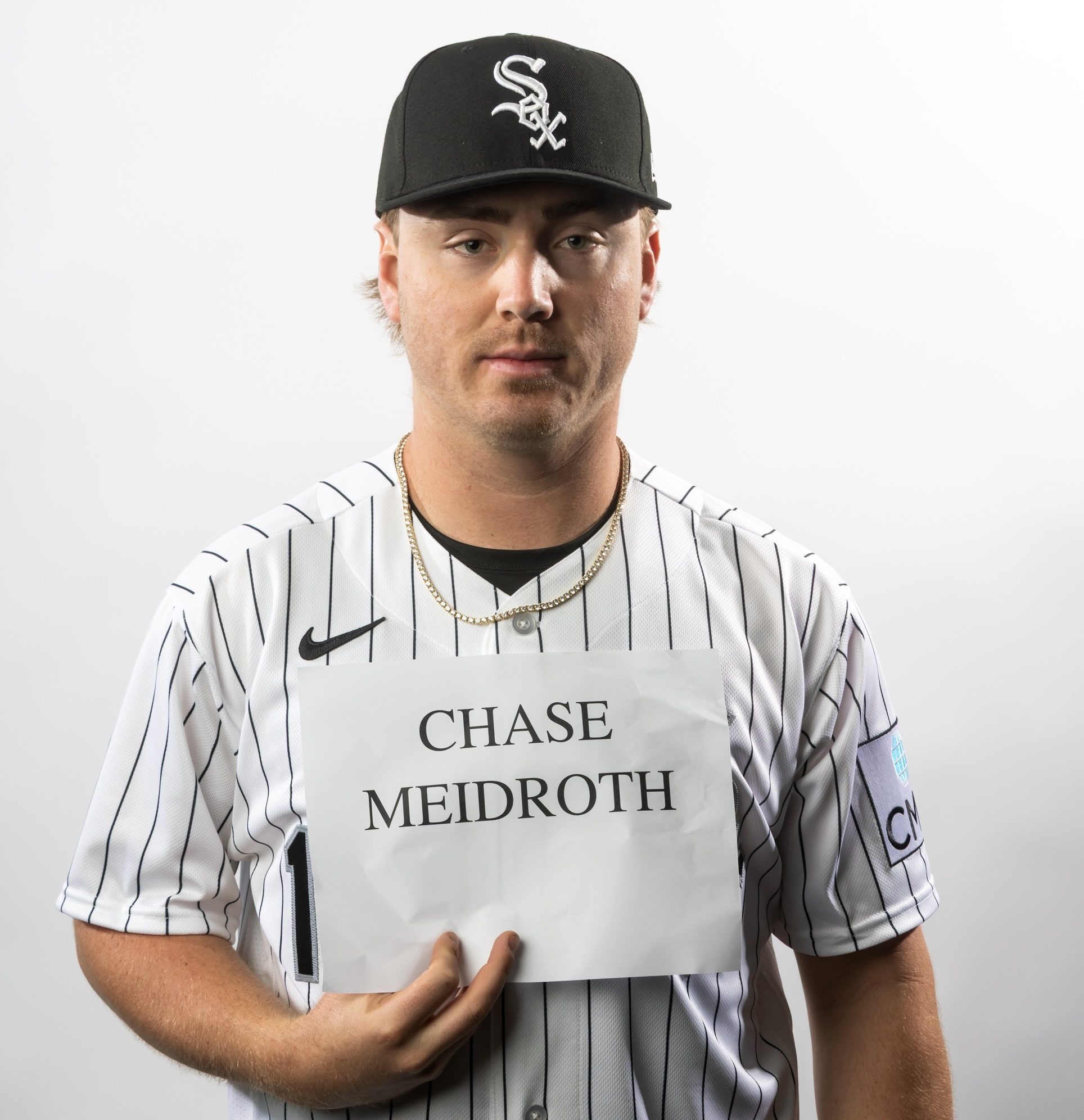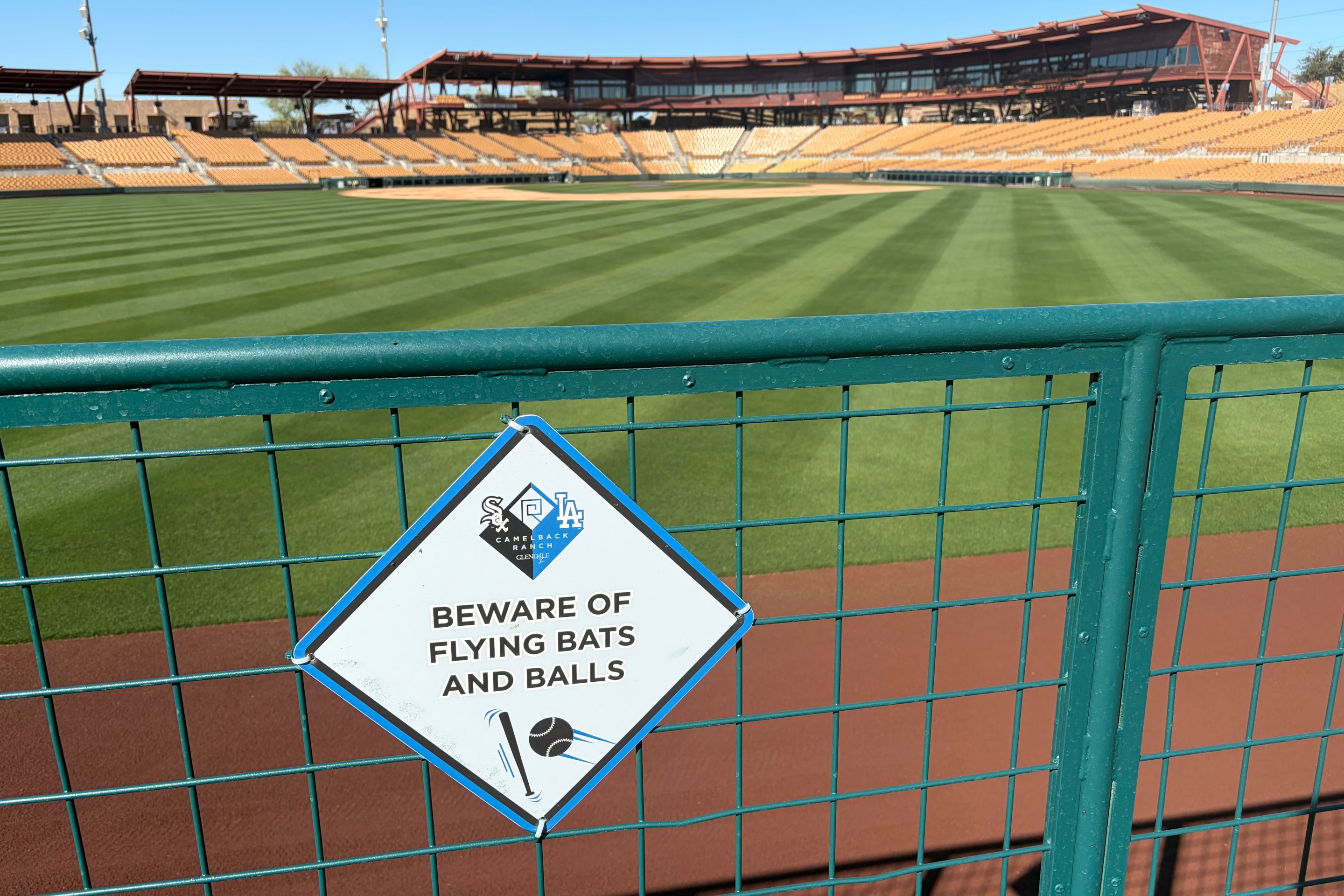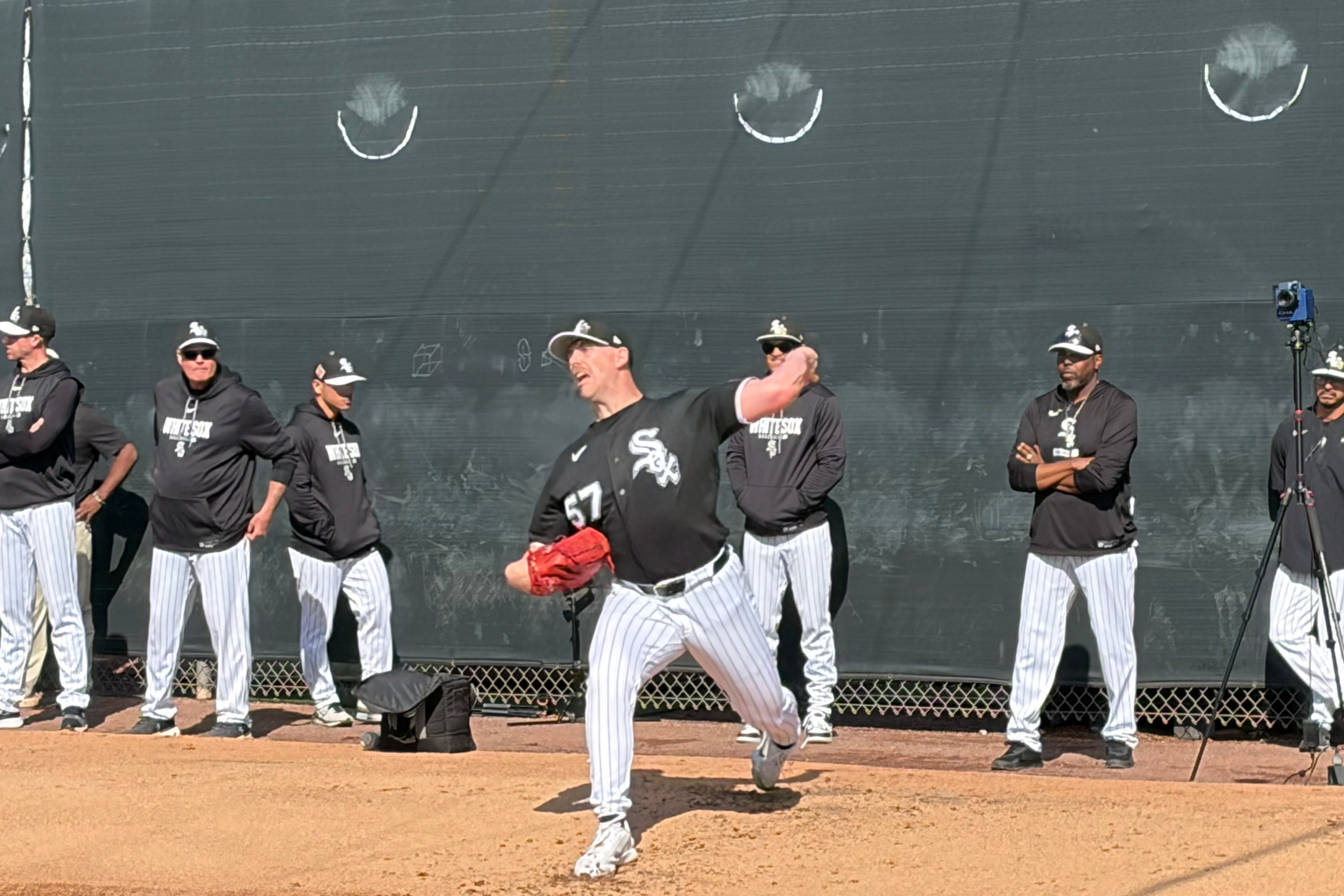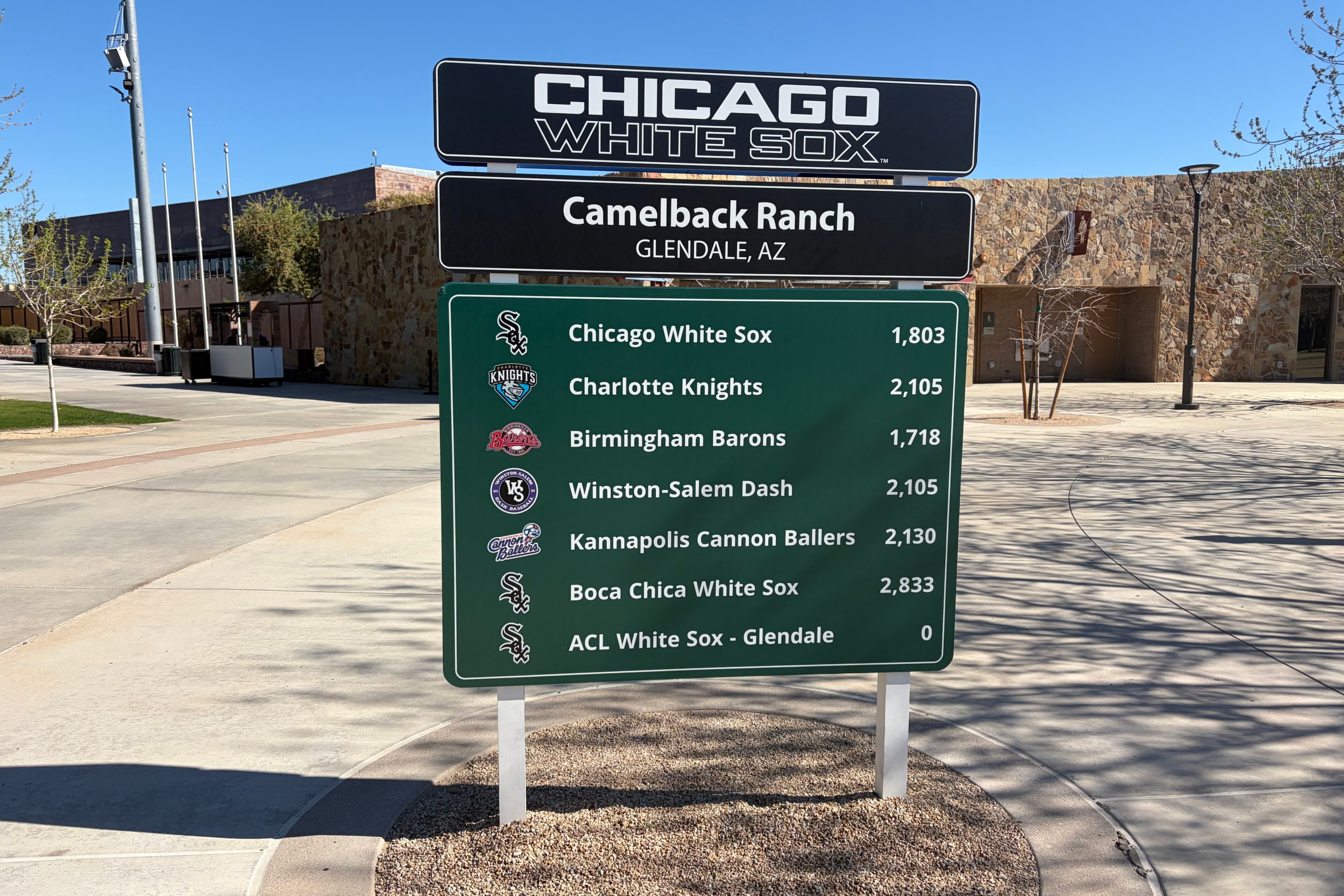When we were first apprised back in June of the Chicago Fire's plan to build a soccer-specific stadium on the South Loop site known as The 78 -- the same South Loop site the White Sox and the development firm Related Midwest eyed for a new baseball-specific stadium -- the White Sox insisted that a deal with one wouldn't necessarily exclude the other.
Well, on Thursday, Danny Ecker of Crain's Chicago Business said the Fire moved step closer to their stadium dreams after city planning officials approved the proposal for an $8 billion mixed-use campus, and within this particular development, there's apparently a hurdle that makes it more difficult for the White Sox to get in on the action.
(Here's a Sun-Times link for those who hit the Crain's paywall.)
Third Ward Ald. Pat Dowell declared her support for the stadium, but with the requirement that the Fire stadium will be the only one on the site. If Related Midwest still has designs on building a ballpark and the White Sox have a better plan for financing it, they'll have to start the approval process anew.
Dowell also restated that her support is contingent on the Fire stadium being the only one at the 78, addressing the lingering question of whether Related would continue to pursue a potential Chicago White Sox stadium at the 78 in the future. The developer and Major League Baseball team began publicly pitching plans for a ballpark at the 78 early last year, and Bailey has not precluded it from future plans.
Dowell said the rezoning amendment for the site includes language that ensures only one stadium can be constructed on the site "without coming back to (the Plan Commission) and the community."
That doesn't rule out a new Sox park being built there, but it makes it considerably more difficult on multiple fronts. For now, Ecker writes, "A source familiar with the Sox's plan said the team is 'keeping all their options open' for their future home, whether that is at Rate Field in Bridgeport or elsewhere."
Sun-Times to Schriffen: Drop mic
As John Schriffen closes out his second season as the TV voice of the White Sox, Jeff Agrest of the Chicago Sun-Times up and said it: He doesn't want to see a third.
He opens with the time Schriffen unsuccessfully pressured Gordon Beckham to eat a footlong hot dog "Lady and the Tramp" style during a broadcast in Atlanta to set the stage for his declaration.
After two seasons with the Sox, Schriffen showed he wasn’t ready to be a local major-league broadcaster, and the cringy bit with the hot dog was further evidence of his lack of awareness.
As the Sox become worth watching, they need an announcer worth listening to. The organization should replace Schriffen after the season, and there’s a feeling that the Sox might.
I'll say two things about Schriffen, starting with the fact that he's made it a lot harder to criticize him in a way that doesn't risk coming off as pedantic. He made himself such a fat target during his debut season with one startlingly poor choice after another, but he's toned it down this season. He spends most of the broadcast between the lines, perhaps because CHSN added Brooke Fletcher and Connor McKnight to share the burden, so a lot of the gripes center on word choices that indicate knowledge gaps, which is more eye-of-the-beholder territory.
And with the White Sox playing better baseball, you can more clearly hear why Schriffen's style might appeal to Brooks Boyer. Jason Benetti's broadcast would often spin yarns for batters and innings, so a big moment might prompt a callback to something previously discussed. It fit well within the flow of the game, but divorced from the context set by the previous minutes and hours, the words could struggle to resonate on their own. Conversely, Schriffen's most boisterous calls can be neatly packaged into 10-second clips that reflect what viewers themselves might have been thinking or saying at that particular moment, even if it only amounts to the rallying cry of millennial men everywhere: "Let's go."
That said, while the prepared sideline packages add a layer of depth that wasn't there before, the real-time information remains lacking, and it also doesn't help that a more confident Schriffen leads to a less-invested Steve Stone. Stone stepped up during Schriffen's rookie season, sometimes to provide support, other times to dump of needed bucket of cold water, but now that Schriffen graduated from learner's permit to driver's license, Stone often slips into the backseat of the broadcast.
Stone is a far easier listen than Beckham because he has more than 40 years of experience getting in and out of a sentence, but while he can do the job in his sleep, it sometimes sounds like it, with surface-level responses to surface-level setups. As Benetti showed, Stone levels up when somebody can challenge his knowledge with an informed follow-up, and you occasionally hear the flickers of that spark when he's paired with Connor McKnight.
If Stone is the fixture, then it makes sense to pair him with somebody more conversant in all facets of baseball. If Stone's travel schedule continues to be pared down -- and at nearly four score in age and more than two score in the broadcast booth, he's earned that right -- then perhaps a third year of Schriffen in the second year of CHSN will give the Sox time to figure out what they want from both chairs. They've tried a lot of things, but aside from Chuck Garfien and Ozzie Guillén, they're still searching for a winning formula.






